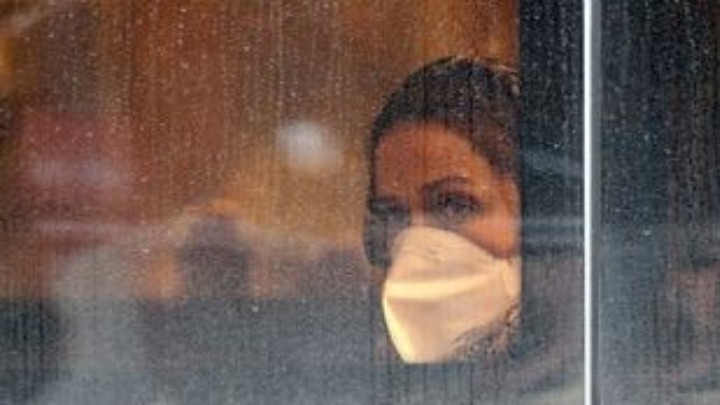Depression, suicidal thoughts and conspiracy theories are lockdown's toll on university students, study finds

Depression, stress and suicidal thoughts among Greek university students during the recent coronavirus lockdowns increased during the coronavirus pandemic, according to a study carried out by the Panhellenic Medical Association, under the auspices of the Aristotle University of Thessaloniki's School of Medicine and its rector's office.
An alarming number of students also expressed belief in conspiracy theories surrounding the pandemic, professor of psychiatry at the university Konstantinos Foundoulakis told Athens-Macedonian News Agency (ANA-MPA) on Thursday.
A 2.5-3 pct of students appeared to be suffering from suicidal thoughts, which is much higher than the normal average of 0.5 pct, he added, while a 30 pct of students appeared to be nurturing a belief in conspiracy theories concerning the origins of the novel coronavirus. On the latter, if one adds the students who answered 'maybe' to relevant questions, then the aggregate percentage of belief in conspiracy theories goes up to 50 pct, the professor underlined. The belief is linked to stress and melancholy associated with efforts to manage anger and fear, he explained.
A second study is also being carried out, this time looking into the mental health of the general population in Greece and several countries during lockdown, which has so far produced similar initial results to the students survey: young people and women were more stressed during home isolation, said Foundoulakis, who highlighted that judging from the profound effect of home isolation on mental health, "these findings should maybe be considered when planning civil protection policy."
The results of a similar study on the population at large is ongoing, with the involvement of 29 countries and results expected in 1-2 months.
The studies were designed by the Mental Health Department of the Institute of Scientific Research of the Panhellenic Medical Association, which has relayed these results to both President Katerina Sakelaropolou and Health Minister Vassilis Kikilias.

















































































